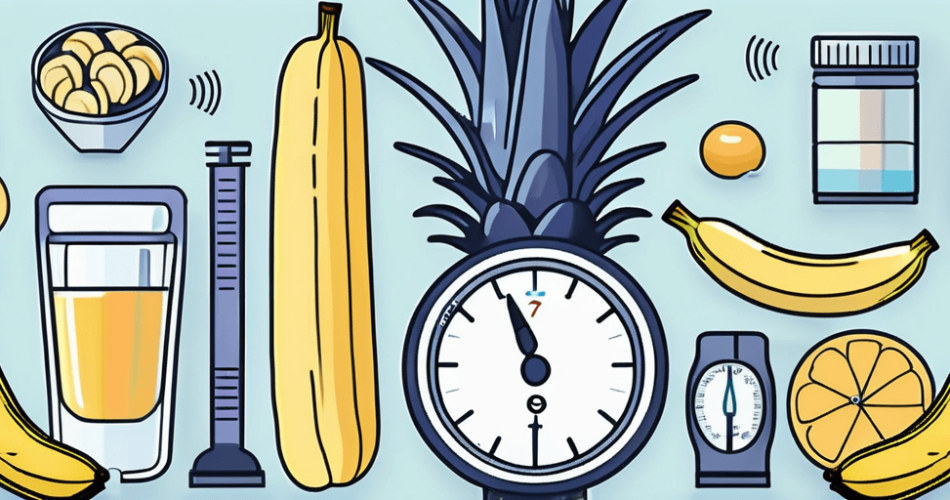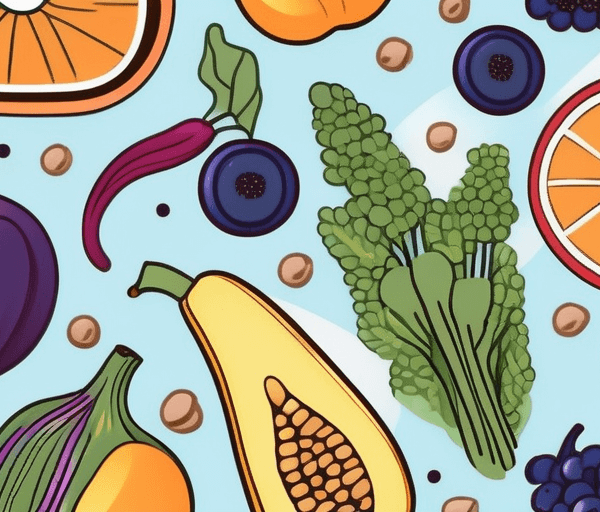In today’s health-conscious world, there is a constant search for natural remedies such as foods for high blood pressure. Researching more about this topic made people aware of the possibilities surrounding hypertension, especially on the natural treatment plans anyone can venture out.
Unfortunately, several diet and remedies have appeared online, leading to many questionable options available. Among the many rumors surrounding foods are pineapple juice and bananas. In this article, we aim to dispel the myths surrounding these foods and explore the scientific truth behind these claims. Let’s begin!
Understanding Blood Pressure: A Brief Overview
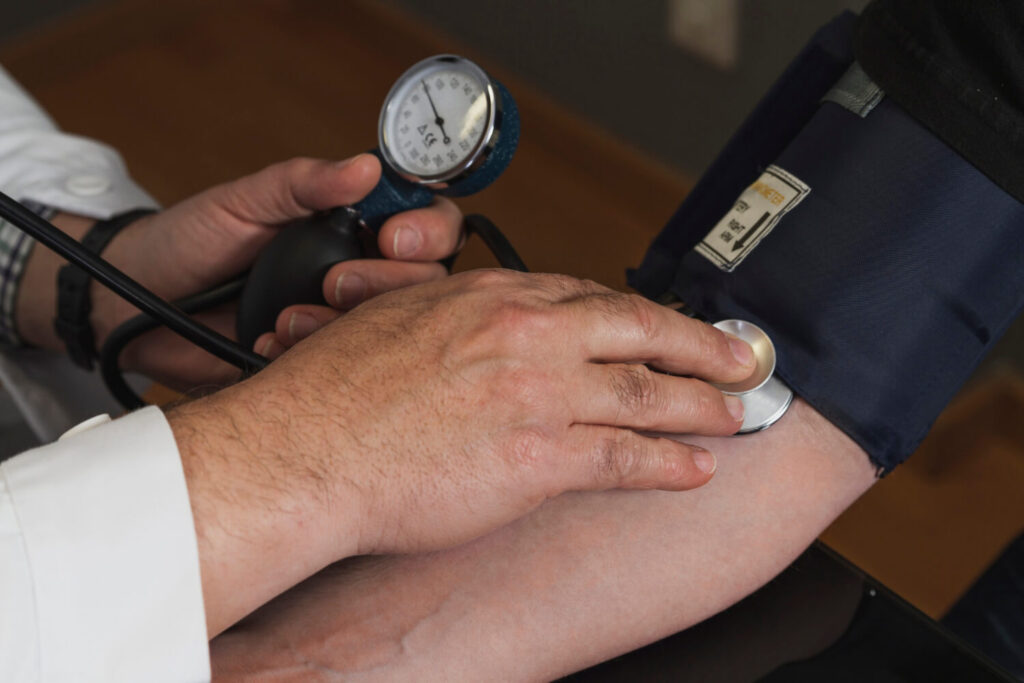
Before diving into the specifics, it is essential to have a basic understanding of blood pressure. Blood pressure refers to the force exerted by circulating blood against the walls of blood vessels. It is measured in millimeters of mercury (mmHg) and consists of two values: systolic pressure and diastolic pressure. Systolic pressure represents the force when the heart contracts, while diastolic pressure signifies the force when the heart relaxes between beats.
What is Blood Pressure?
Blood pressure is a vital physiological parameter that helps determine the health of our cardiovascular system. It is influenced by multiple factors, including age, genetics, lifestyle, and overall health. Normal blood pressure typically ranges at 110/70 bp and 120/80. Values above this range indicating high blood pressure or hypertension.
Why is Regulating Blood Pressure Important?
Maintaining healthy blood pressure levels is crucial for overall well-being. High blood pressure can strain the heart, damage blood vessels, and increase the risk of heart disease, stroke, and kidney problems. By understanding the factors that influence blood pressure and adopting lifestyle changes, we can take proactive steps towards managing and preventing hypertension.
The Myth Surrounding Pineapple Juice and Blood Pressure
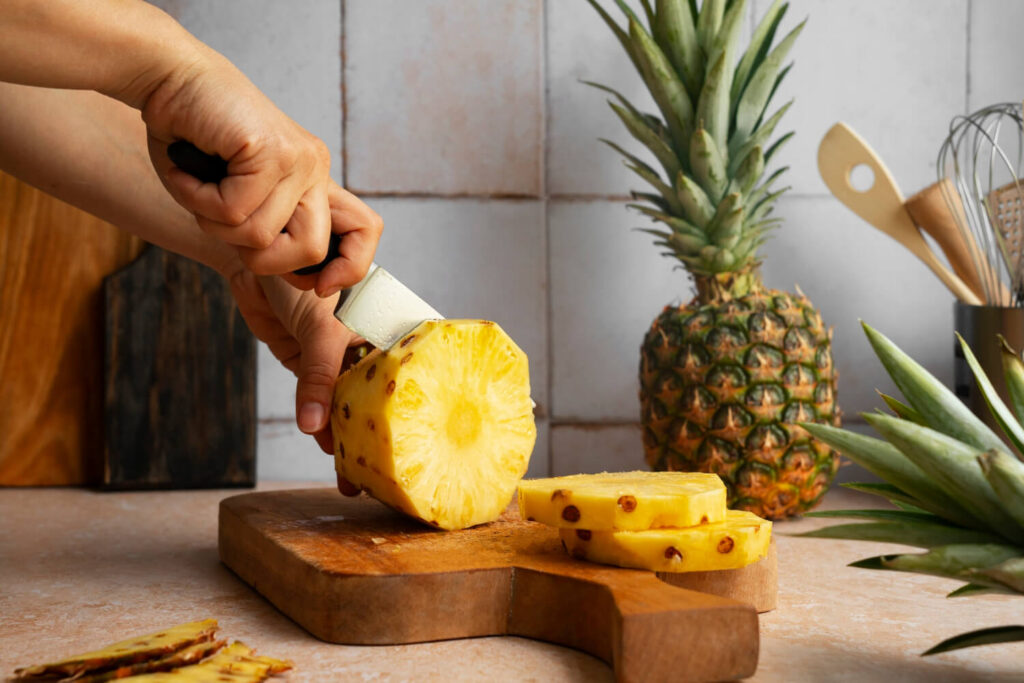
Pineapple juice has gained popularity as a potential remedy for high blood pressure. The origins of this myth can be traced back to the belief that pineapples contain bromelain, an enzyme that may have beneficial effects on cardiovascular health.
What Does Science Say?
Although bromelain does exist in pineapples, it is primarily found in the stem and core, not in the juice. Unfortunately, scientific studies examining the effects of pineapple juice on blood pressure are scarce. Therefore, the claims surrounding pineapple juice for blood pressure management remain largely unsubstantiated.
However, it is important to note that pineapple juice does offer other potential health benefits. For instance, it is a rich source of vitamin C, which plays a crucial role in supporting the immune system and promoting collagen production. Additionally, pineapple juice contains manganese, a mineral that aids in bone health and metabolism regulation.
Furthermore, the tropical fruit is known for its unique combination of enzymes, including bromelain, which have been studied for their potential digestive benefits. Bromelain has been shown to help break down proteins and improve digestion, making pineapple juice a refreshing option to enjoy after a heavy meal.
Bananas and Blood Pressure
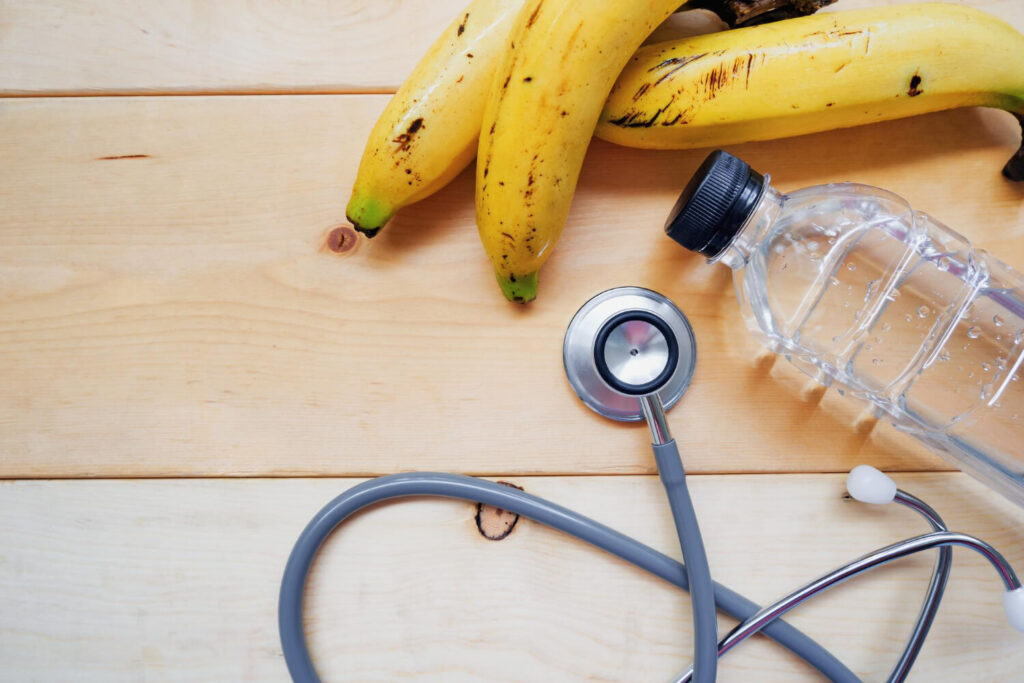
Another often-cited food for blood pressure control is the banana. It’s no secret that bananas are packed with essential nutrients and are a popular choice among health-conscious individuals. But does eating banana for high blood pressure effective? Let’s find out more!
The Truth Behind Bananas and Blood Pressure
While it is true that bananas can contribute to a healthy diet, their impact on blood pressure is not as significant as some claims suggest. While potassium intake is important for blood pressure management, a balanced diet that includes a variety of fruits, vegetables, whole grains, lean proteins, and low-fat dairy is key. It is crucial to understand that no single food can control blood pressure on its own.
However, it is worth noting that incorporating bananas into a well-rounded diet can be beneficial for overall cardiovascular health. The fiber content in bananas helps promote healthy digestion and can contribute to weight management, which is another important aspect of maintaining healthy blood pressure levels. Additionally, the natural sugars in bananas provide a quick energy boost, making them a great choice for pre-workout snacks or mid-day pick-me-ups.
So, while bananas may not be the magical solution to blood pressure control, they certainly have their place in a balanced and nutritious diet. Enjoy them as part of a varied and diverse range of foods that support overall cardiovascular health, and reap the benefits of their potassium, fiber, and natural energy-boosting properties.
Other Foods Rumored to Lower Blood Pressure
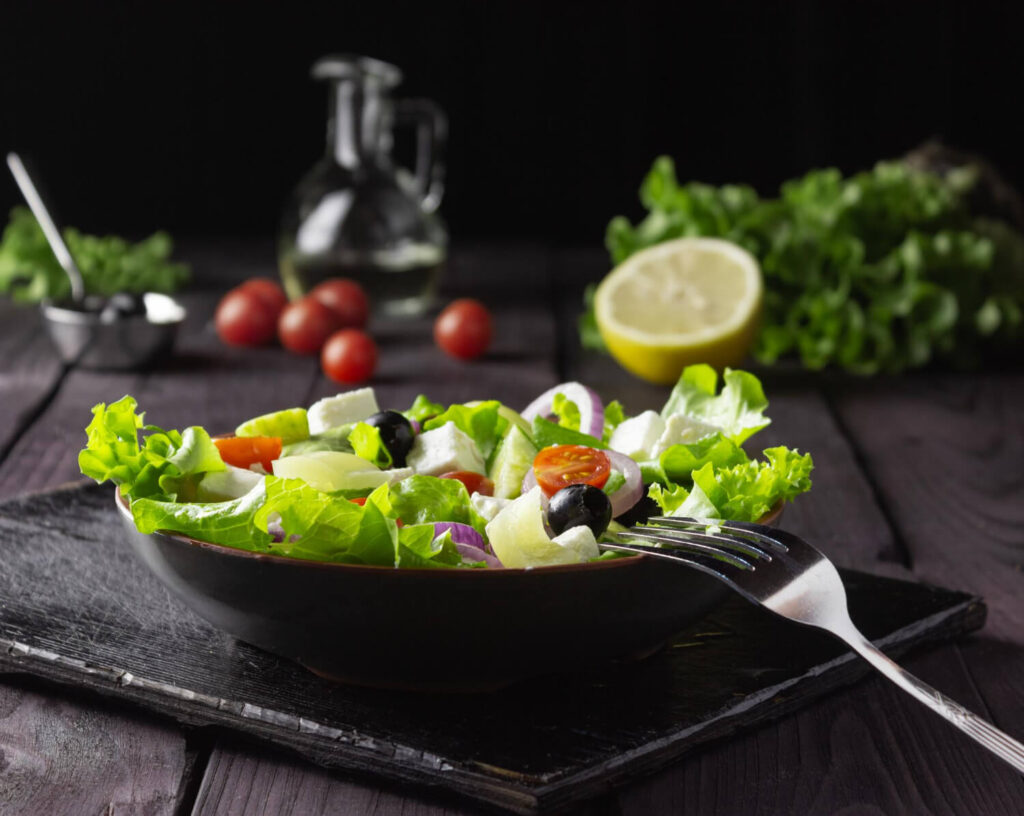
In addition to pineapple juice and bananas, several other foods have been touted as potential allies in the fight against high blood pressure. Let’s explore some of these common foods and examine what scientific research has to say.
Common Foods and Their Alleged Benefits
- Garlic: Garlic has long been associated with a variety of health benefits, including blood pressure reduction. Some studies suggest that garlic may have a modest effect on blood pressure, but further research is needed.
- Dark Chocolate: Dark chocolate contains compounds known as flavanols, which may help lower blood pressure. However, it is crucial to choose dark chocolate with a high percentage of cocoa and consume it in moderation due to its calorie and sugar content.
- Leafy Greens: Leafy green vegetables, such as spinach and kale, are packed with nutrients like potassium and magnesium, which are beneficial for blood pressure control.
- Oats: Oats are high in fiber and have been associated with lower blood pressure levels. Incorporating oatmeal or whole grain oats into your diet can be a heart-healthy choice.
The Scientific Verdict on These Foods

While these foods show promise in potentially lowering blood pressure, it is essential to incorporate it in the overall lifestyle. A balanced diet is a must but it must include a variety of effective plan. This involves nutrient-rich foods, regular physical activity, stress management, and maintaining a healthy weight. With all of the crucial factors, patients can successfully manage their blood pressure.
As always, it is advisable to consult with a healthcare professional before making any significant changes to your diet or lifestyle.
The Role of Diet in Blood Pressure Management
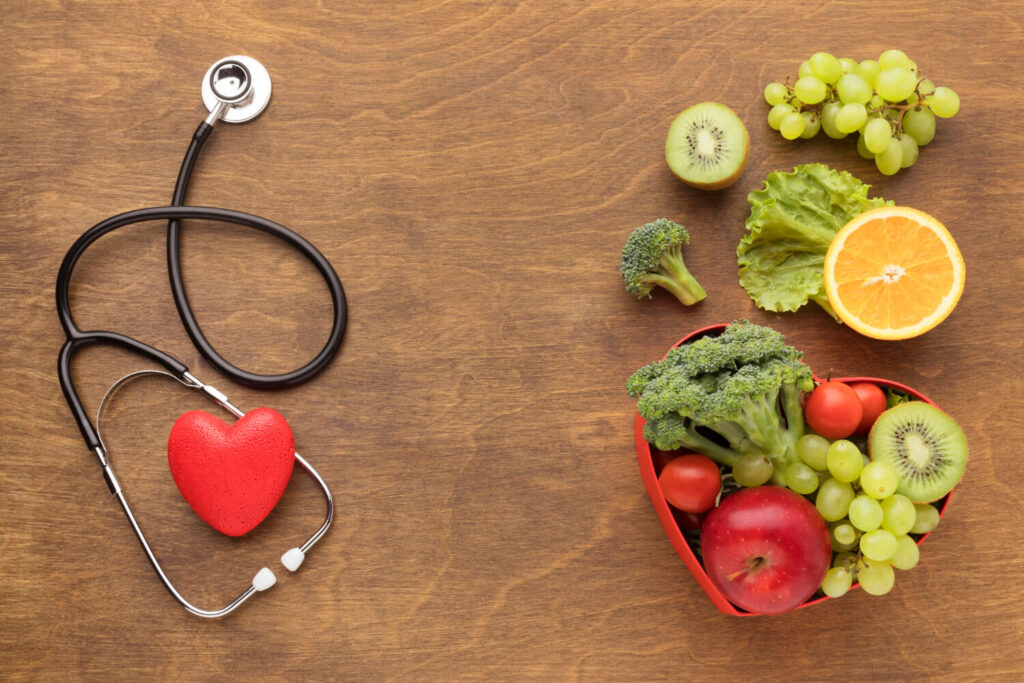
When it comes to blood pressure management, dietary choices play a significant role. While specific foods may not have miraculous effects on blood pressure, adopting healthy eating habits can make a notable difference.
Healthy Eating Habits for Blood Pressure Control
One key aspect of promoting blood pressure health is reducing the intake of sodium. It is commonly found in processed and packaged foods. Aside from that incorporating fresh fruits, vegetables, whole grains, and dairy products into your diet can provide essential nutrients for overall cardiovascular health.
Of course, it is still essential to find the right ratio of food intake when it comes to nutrition. Patients must know when to seek help from experts to have a balanced diet suitable for patients with hypertension. One way to have control over high blood pressure is through trusting a dietitian. Visiting this type of doctor allows patients with high blood to start diet changes by following a strict diet.
In Conclusion
The myths surrounding pineapple juice and bananas as miracle workers for blood pressure control may be prevalent. However, it is crucial to rely on scientific evidence rather than hearsay. These foods do have some potential benefits, but the key to managing blood pressure lies in adopting a healthy lifestyle
This lifestyle choice is effective for it includes regular physical activity, stress management, and good dietary choices. As always, consult with a healthcare professional for personalized advice on blood pressure management and overall cardiovascular health.
In the end, securing one’s health through natural remedies are okay to do. However, patients must still define which are effective and not for lowering their high blood pressure. That can happen through proper guidance from a cardiologist. Book an online consultation today and ensure the proper diet for your condition!
